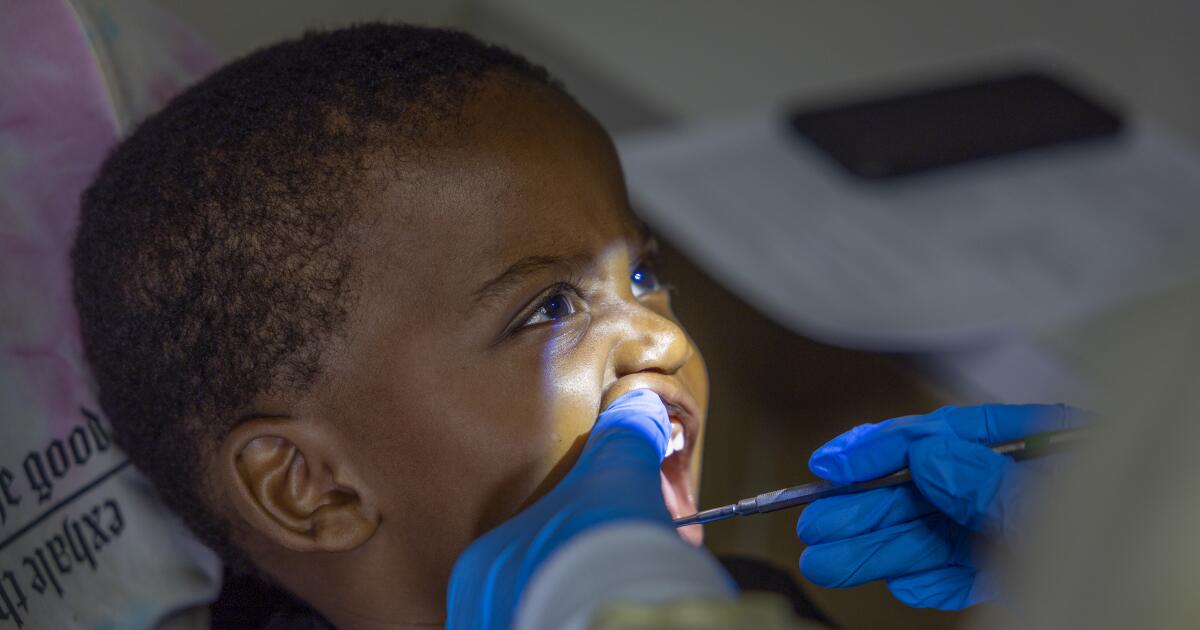At least eight people were killed and more than 2,700 others were wounded across Lebanon on Tuesday in what was thought to be a cyberattack targeting hundreds of electronic pagers, causing them to explode, officials said.
Lebanon’s state-run National News Agency reported “an unprecedented security incident,” with pagers blowing up in Beirut’s Hezbollah-dominated southern suburbs and several areas across the country.
Eight people were killed and about 2,750 others were wounded, 200 of them critically, according to Firas Abiad, Lebanon’s acting health minister. Most of the injuries sustained were to the face, hands or stomach — near where the pager would be held, Abiad said.
Hezbollah blamed Israel, saying in a statement Tuesday that pagers used by its operatives blew up some time around 3:30 p.m. One child and two of the group’s members were among those killed, the statement said.
“Hezbollah’s specialized agencies are currently conducting a wide-ranging security and scientific investigation to determine the reasons that led to these simultaneous explosions,” the statement said.
Iran’s ambassador to Lebanon was also wounded in the attack, the embassy said.
Hezbollah, which has been engaged in an escalating tit-for-tat fight with Israel since October, had switched to using pagers to communicate in recent months in an attempt to avoid Israeli tracking and surveillance of phones.
The Israeli military did not comment.
The exact cause of the explosions was uncertain.
Technical experts at SMEX, a Beirut-based internet watchdog group, speculated that a shipment of pagers could have been intercepted and planted with small amounts of explosives that would be triggered either by a timer or a prearranged signal.
Another possibility was that Israel developed a way to overheat the pager batteries. Modern pagers utilize lithium-ion batteries, which can ignite and explode if subjected to sufficient heat.
Witnesses passing through Beirut’s southern suburb at the time of the blasts saw a bloodied man lying on the ground with people crowding around them.
Pictures on social media depicted wounded men claiming to be victims of the attack; videos taken from security cameras showed the moment of the blast, with one shopper at a fruit market standing near a stall when his bag explodes.
Another depicts a man in a shop holding a pager and putting it on a desk before it detonates, throwing him back.
The Times could not independently verify the videos or the images.
Dozens of ambulances crisscrossed Beirut’s streets bearing the wounded amid snarled traffic, while hospitals in the country’s south were inundated with casualties.
The Health Ministry meanwhile put all hospitals on alert and called on medical staff across the country to report to their facilities. At a hospital in Beirut, dozens of men congregated near the emergency room entrance waiting for word of relatives.
The blasts come as Israel’s leaders have hinted at a coming escalation with Hezbollah. Late Monday, Israeli Prime Minister Benjamin Netanyahu said that the aims of his government for the war would include the secure return of residents to northern Israel, where some 60,000 have been displaced since Oct. 8, when Hezbollah began firing rockets at Israel in solidarity with Hamas.





